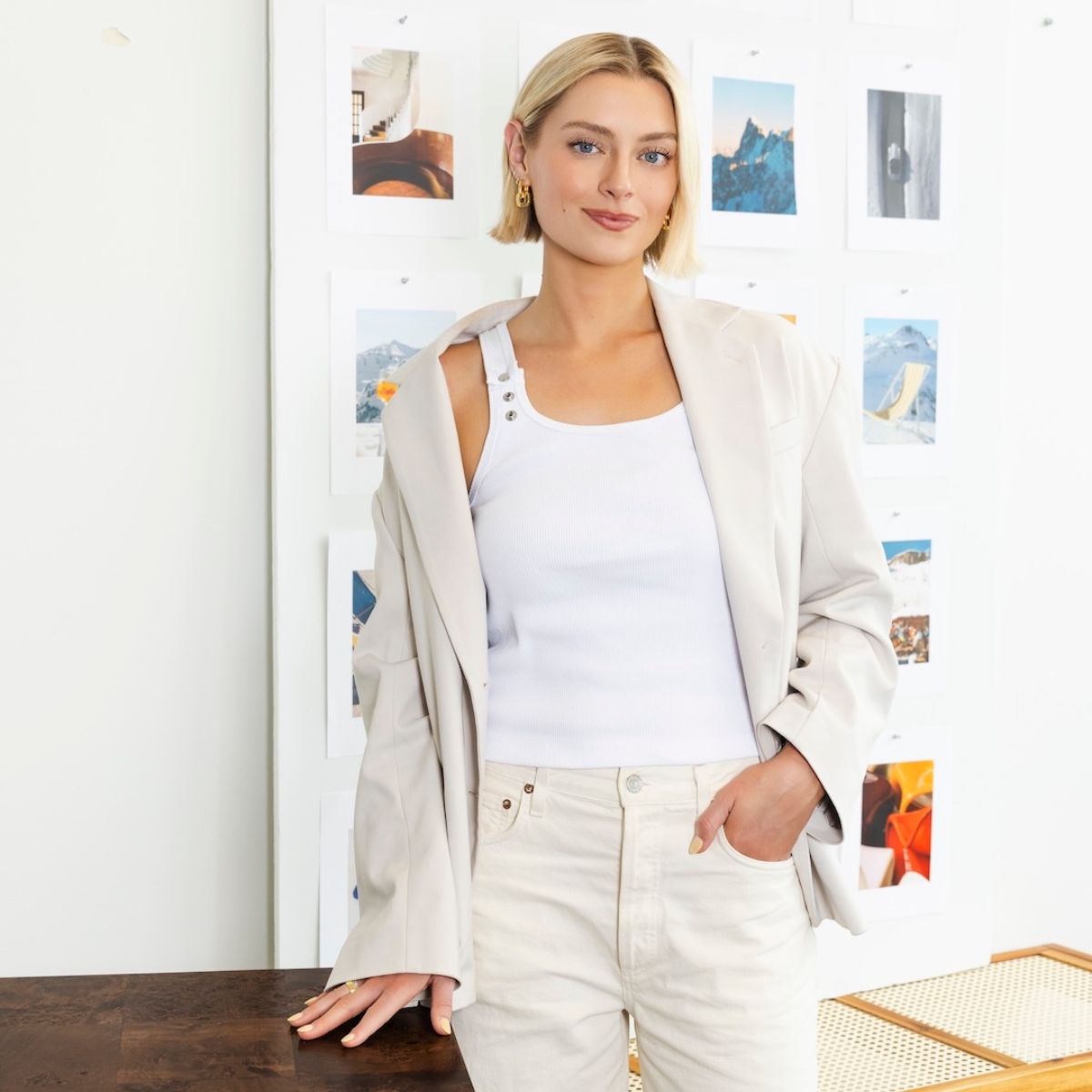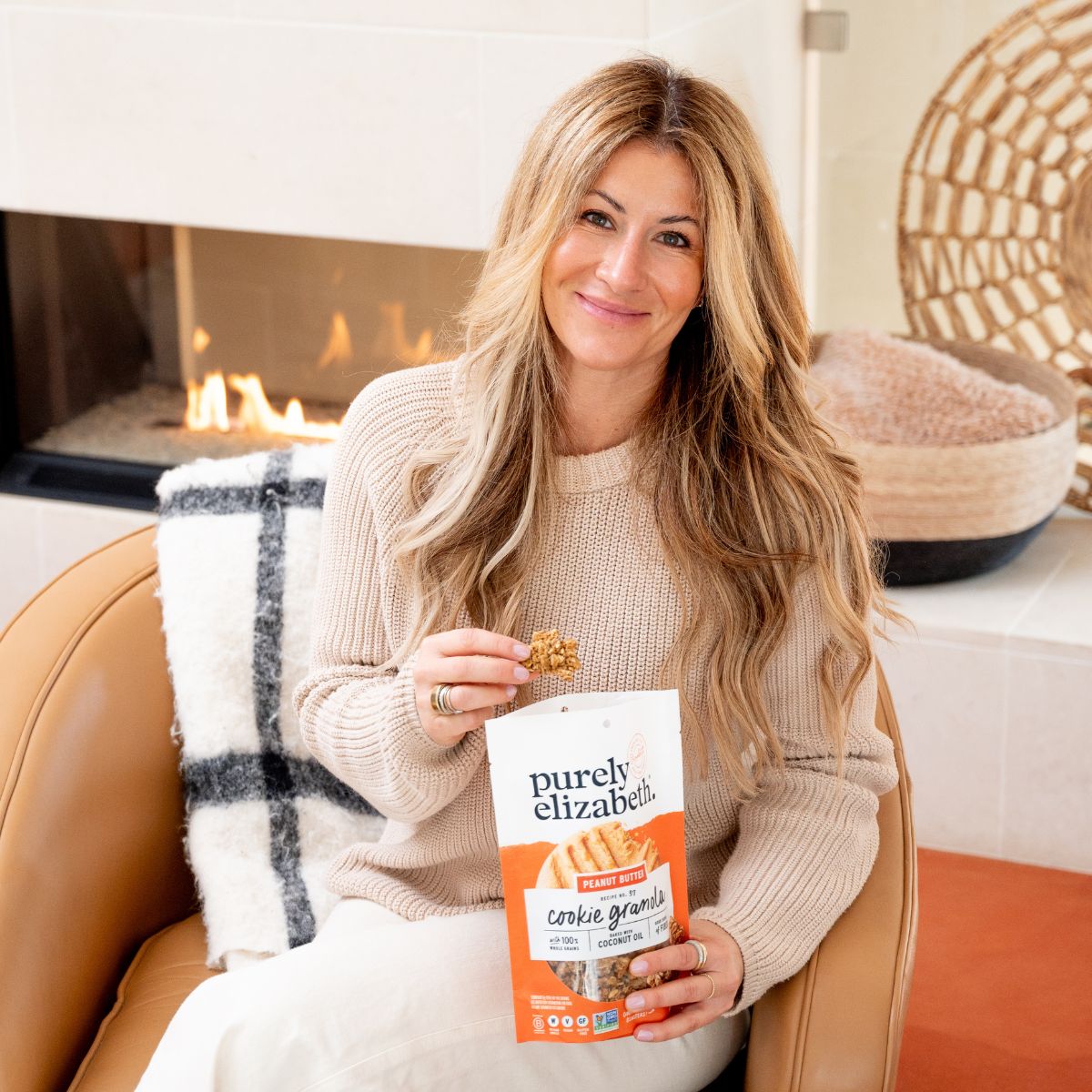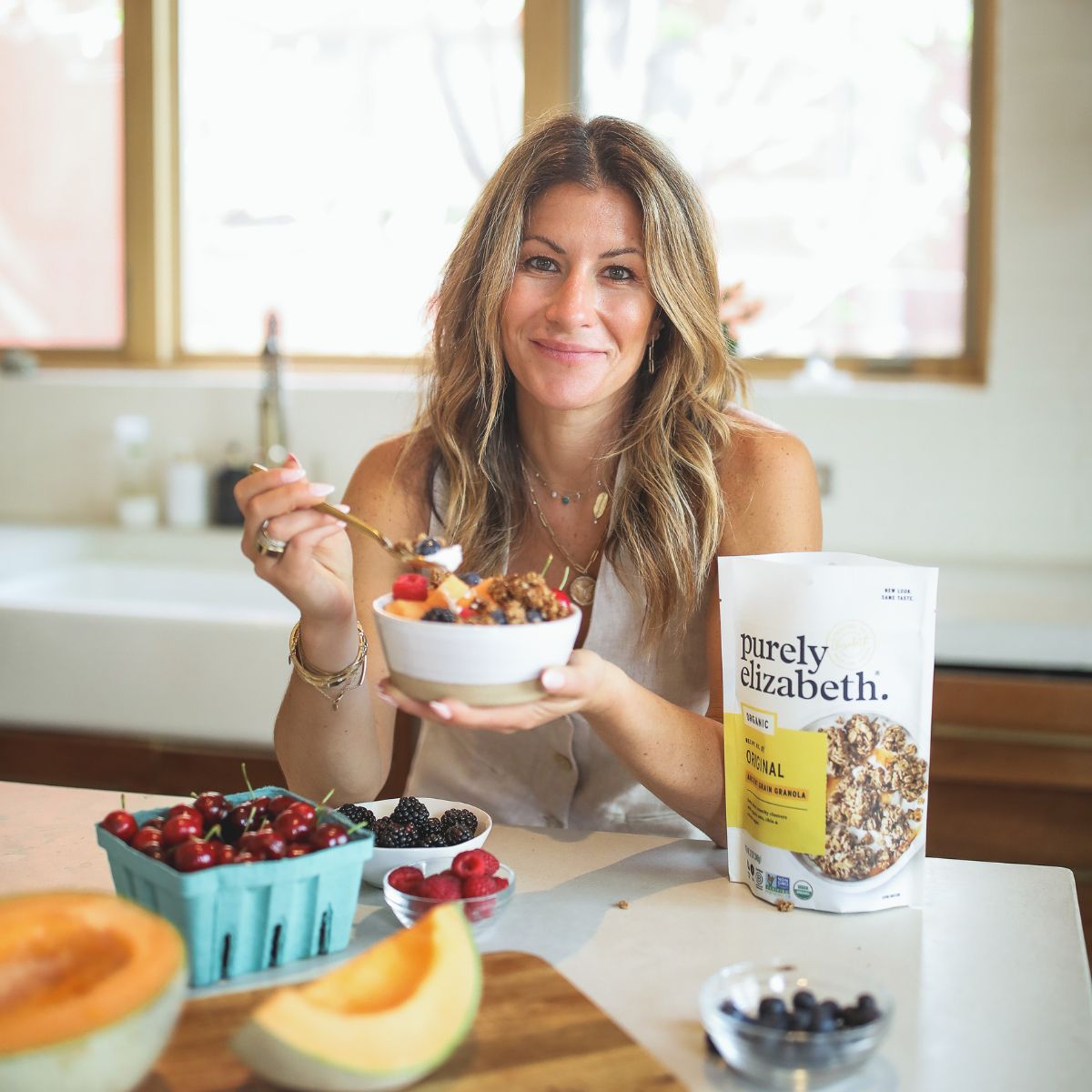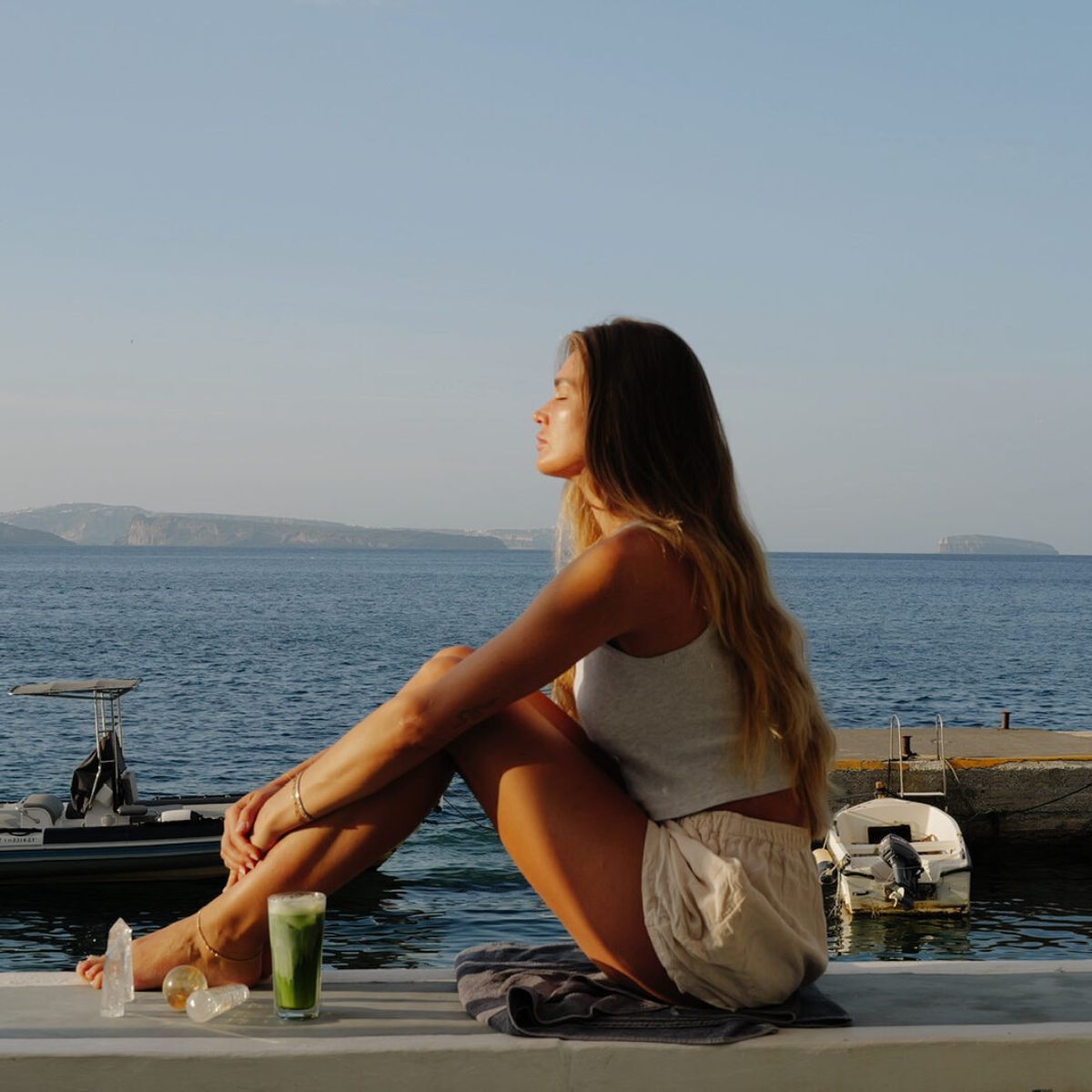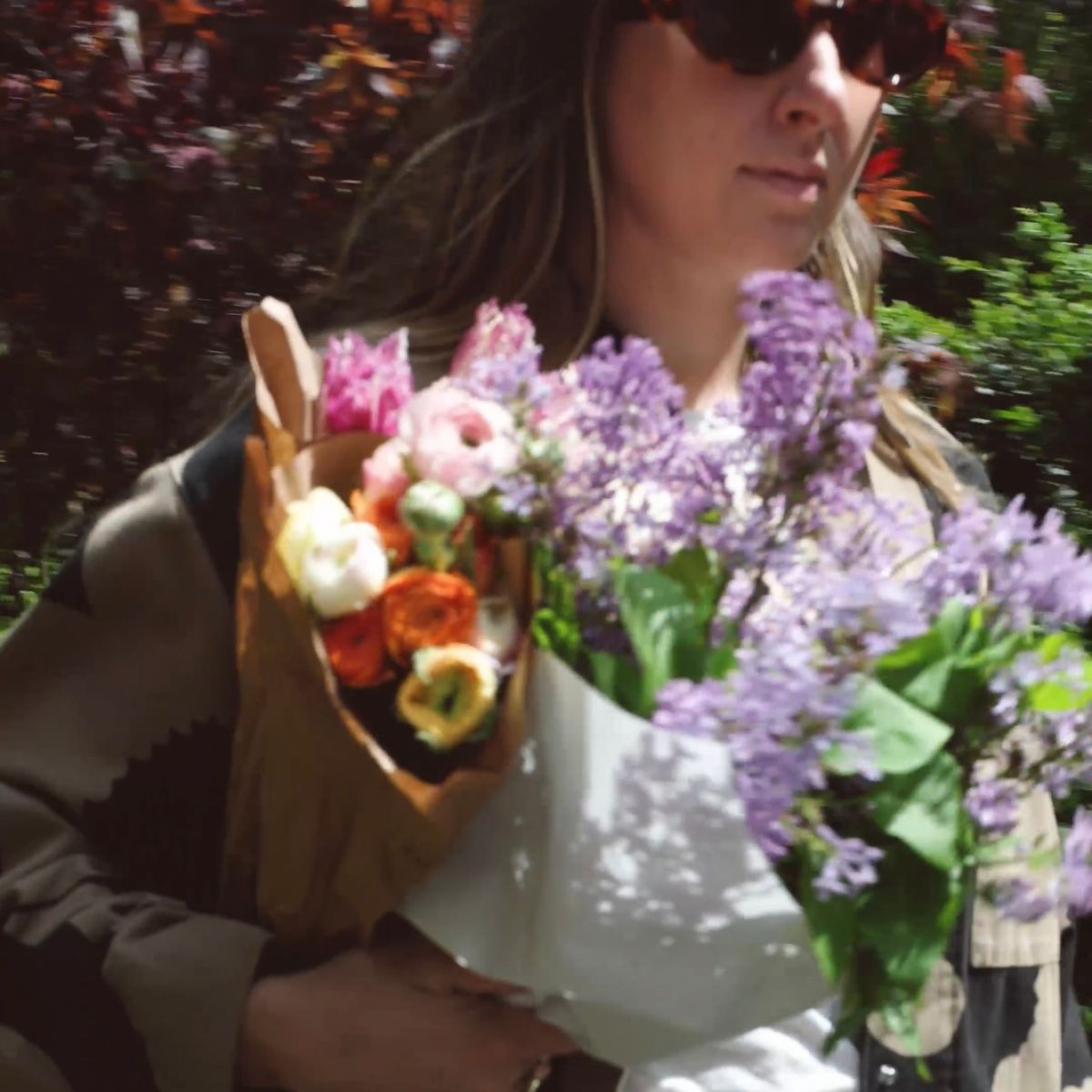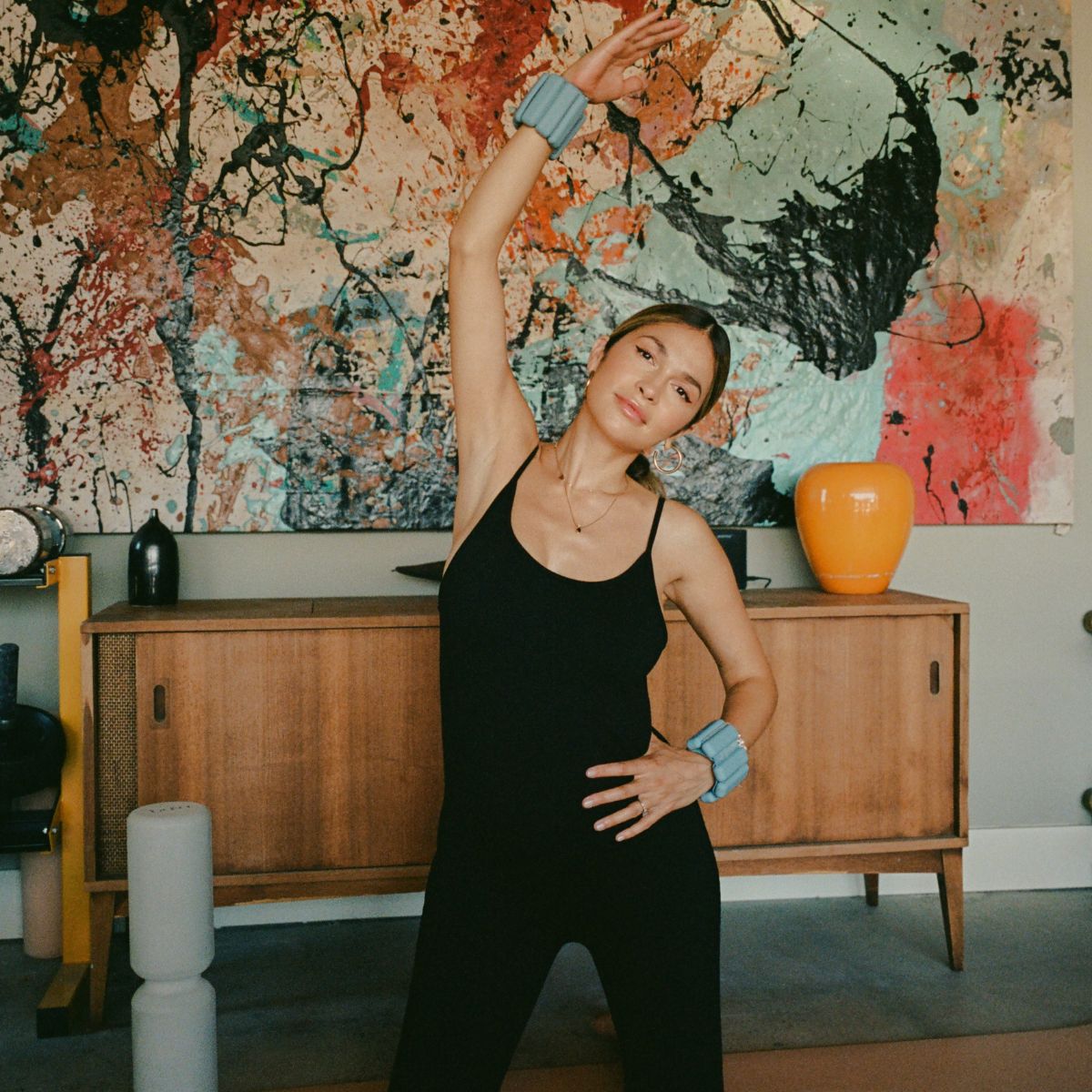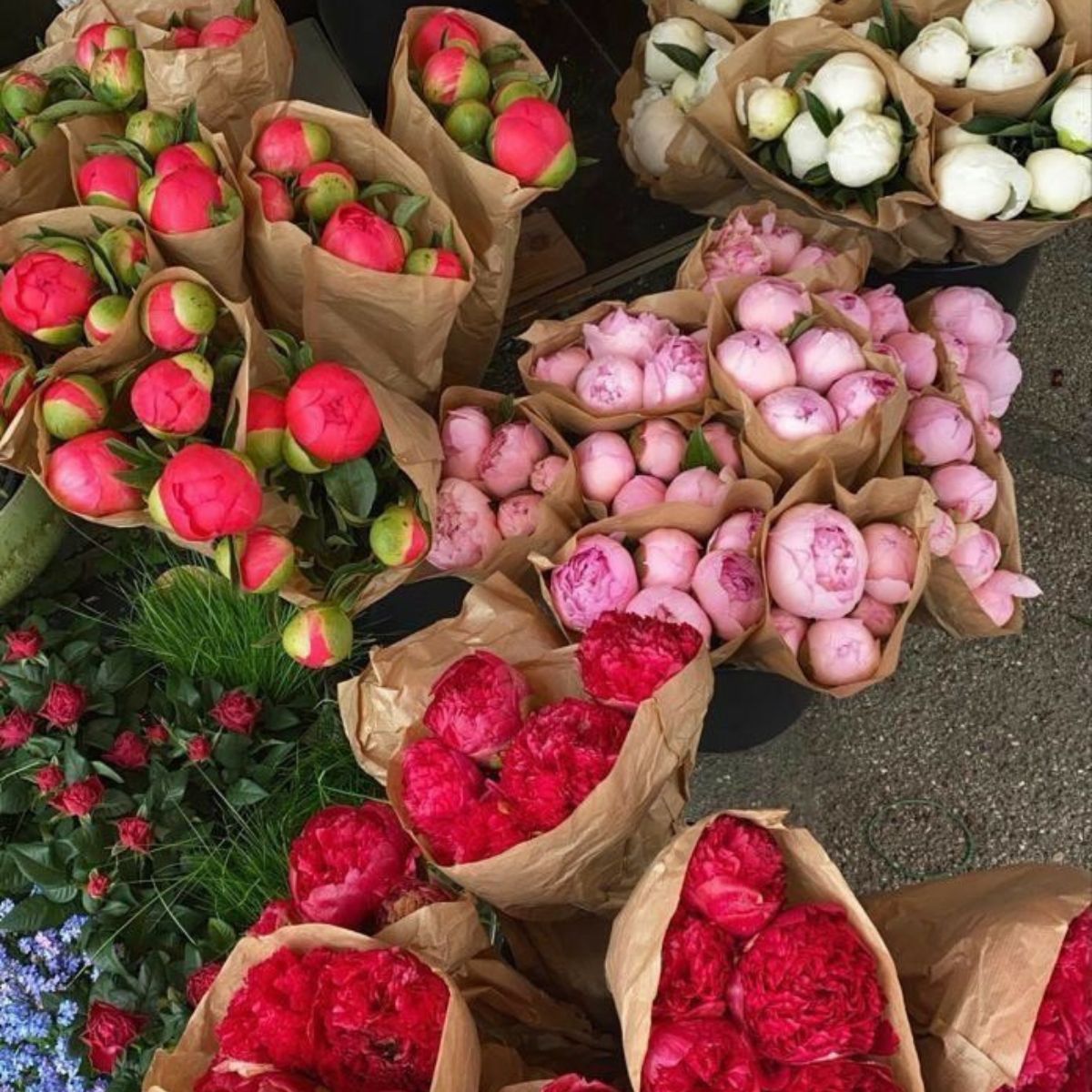Elizabeth welcomes Katerina Mountanos, founder and CEO of Kosterina, a modern Mediterranean lifestyle brand centered around high antioxidant extra virgin olive oil. In their conversation, Katerina talks about how her family's Greek roots shaped Kosterina, as well as her commitment to source the highest varieties of olives coming straight from southern Greece. Katerina discusses Kosterina's expansion into skincare, probiotic olives, and even olive oil cake. She offers valuable advice on transitioning from a side hustle to a full-time pursuit, drawing on her experiences at global giants like L'Oreal. Plus, Katerina delves into embracing the Blue Zone lifestyle.
Discount: Use Code PURELY for 15% off at checkout on Kosterina’s website.





